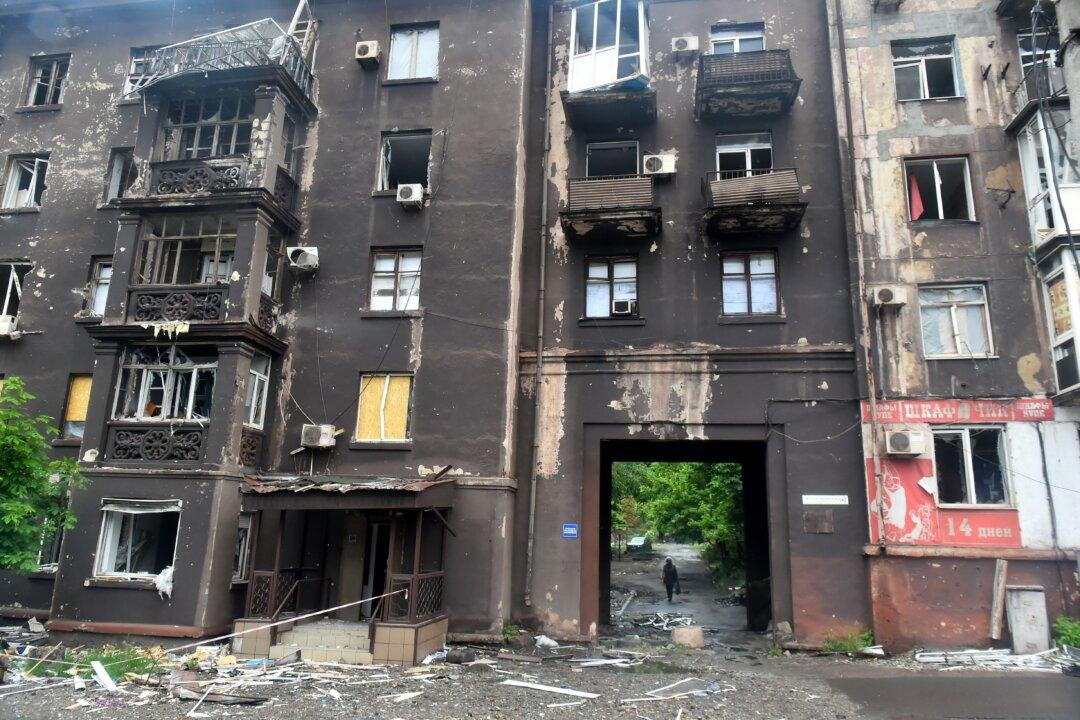The latest on the Russia–Ukraine crisis, May 24. Click here for updates from May 23.
200 Bodies Found in Mariupol: Mariupol Mayor’s Adviser
An adviser to the mayor of Mariupol said on Tuesday that workers removing rubble from a collapsed apartment building in the devastated Ukrainian city found about 200 corpses in the building’s basement.Petro Andryushchenko said on Telegram that the bodies were decomposing and that the stench permeated the neighborhood. It’s not clear when they were discovered and the report could not be independently verified.





